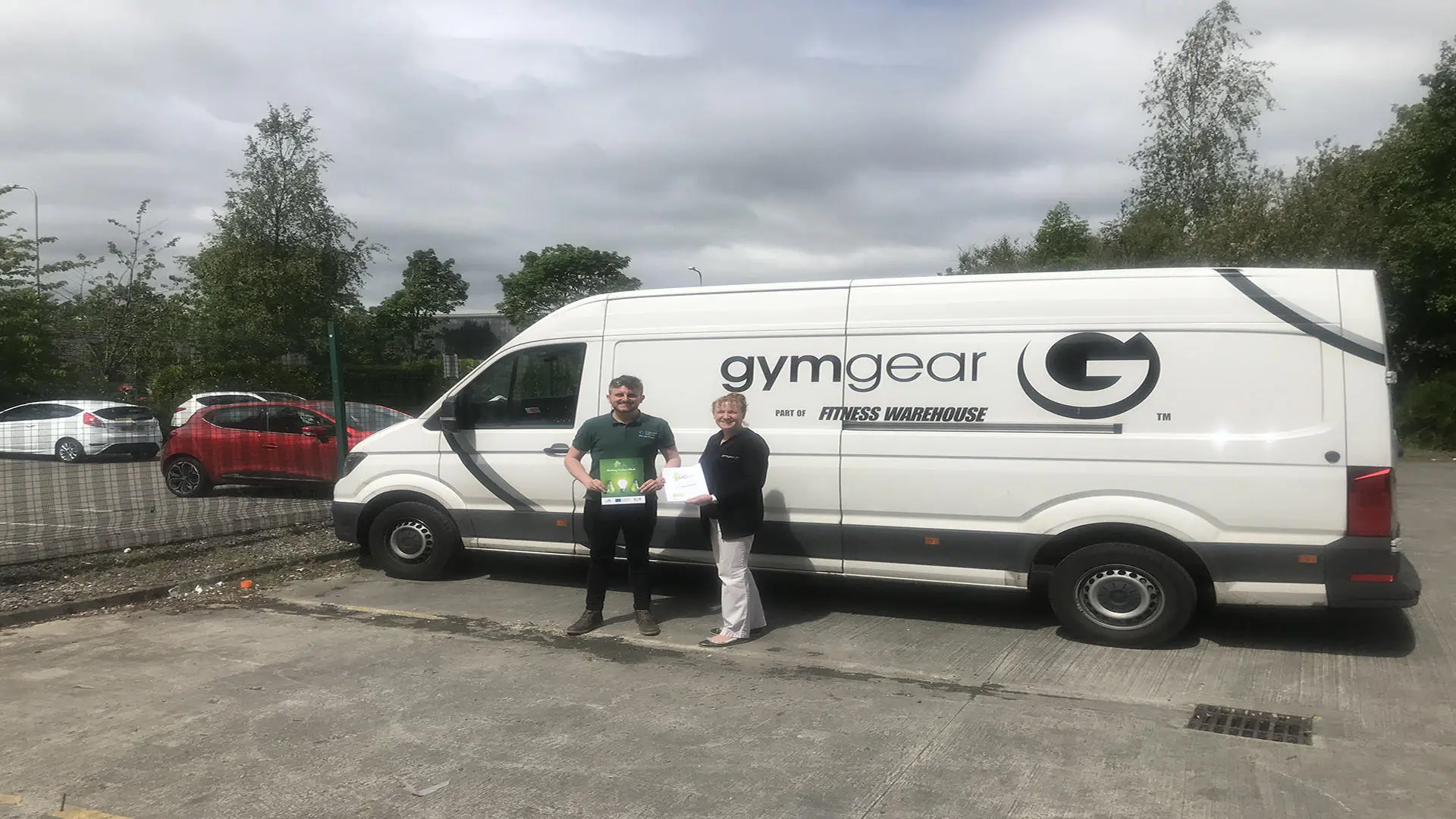Commercial fitness equipment supplier Fitness Warehouse is eyeing sustainable savings thanks to the Making Carbon Work (MaCaW) project.
The Preston-based business is researching the potential for re-using rainwater captured from its roof space as a result of bespoke advice from experts at MaCaW, which was set up to help Lancashire SMEs move to a low carbon model.
Fitness Warehouse is also looking into the possibility of installing LED lighting and is in the process of applying for a grant, with match funding from MaCaW, as well as implementing recommendations to reduce energy usage through behavioural changes such as implementing a formal energy management plan.
Enabling Fitness Warehouse to cut energy usage
Formed in 2004, the business has a workforce of 25 employees and is based on Preston’s Roman Way Industrial Estate.
The project saw MaCaW Business Engagement Officer Mark Nelson and Auditor Peter Burn working with the business to produce a carbon assessment audit. This enabled them to calculate the company’s carbon footprint and identify the most effective ways to cut its energy usage, a combination of behavioural and process changes with niche recommendations for suitable equipment purchases.
A number of surprising points were brought to the attention of the Fitness Warehouse team, including the impact of using small fan heaters. In addition, the automatic flush on toilets was working too frequently and so this was amended to reduce the water used. The project has also inspired the team to look at ways of making savings in other areas of the business including fuel costs and hybrid vehicles.
The benefits of seeking bespoke advice
Tom Gerrard, Warehouse Manager at Fitness Warehouse, said: “The MaCaW team were great to work with. They did all the heavy lifting and kept business disruption to a minimum. They then produced a detailed, jargon-free report that enabled us to understand our carbon footprint and how we could shrink it.
“Some really interesting points came from the survey. A key recommendation was looking into the possibility of capturing rainwater from the roof space of our premises and re-using the water in our business, for example to jet wash our vans. This could lead to major cost savings for surface water drainage services and is something we never even knew was possible.
“We had always assumed costs relating to water rates were something you couldn’t really do anything about so it was surprising to find out how installing a water system on the roof could make such a big impact. It’s a niche recommendation that we will research more in detail with an expert, but it shows how the MaCaW team can find ways to think outside the box to deliver bespoke solutions.
"The steps we are taking will help the environment and save the business money, a win-win scenario, and something that always goes down well with our customers."
Mark Nelson said: “The expertise within the MaCaW team has helped Fitness Warehouse to identify carbon-saving opportunities that could be achieved through straightforward changes to operational activity – in particular cutting service charges by potentially capturing and re-using rainwater.
“Furthermore, the grant for LED lighting will help Fitness Warehouse to purchase technology designed to reduce electricity bills. In addition, establishing the carbon footprint baseline will help the company to win more business, as it will represent hard evidence that they have implemented strategies to reduce their carbon footprint.”
MaCaW is a University of Central Lancashire project, an industry and academic collaboration funded by the European Regional Development Fund (ERDF) alongside the University, and supported by Boost; Lancashire’s business growth hub.
For more information please email macaw@uclan.ac.uk.

